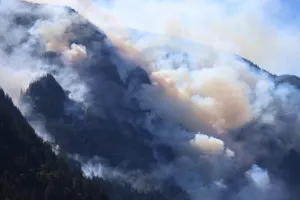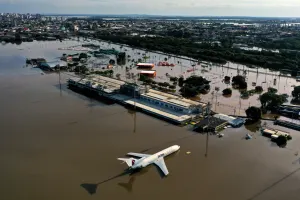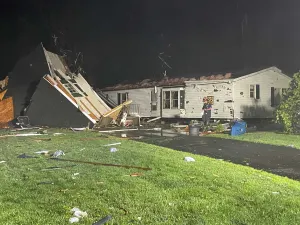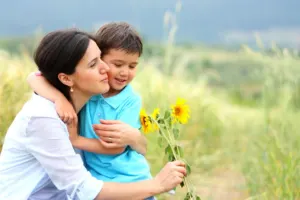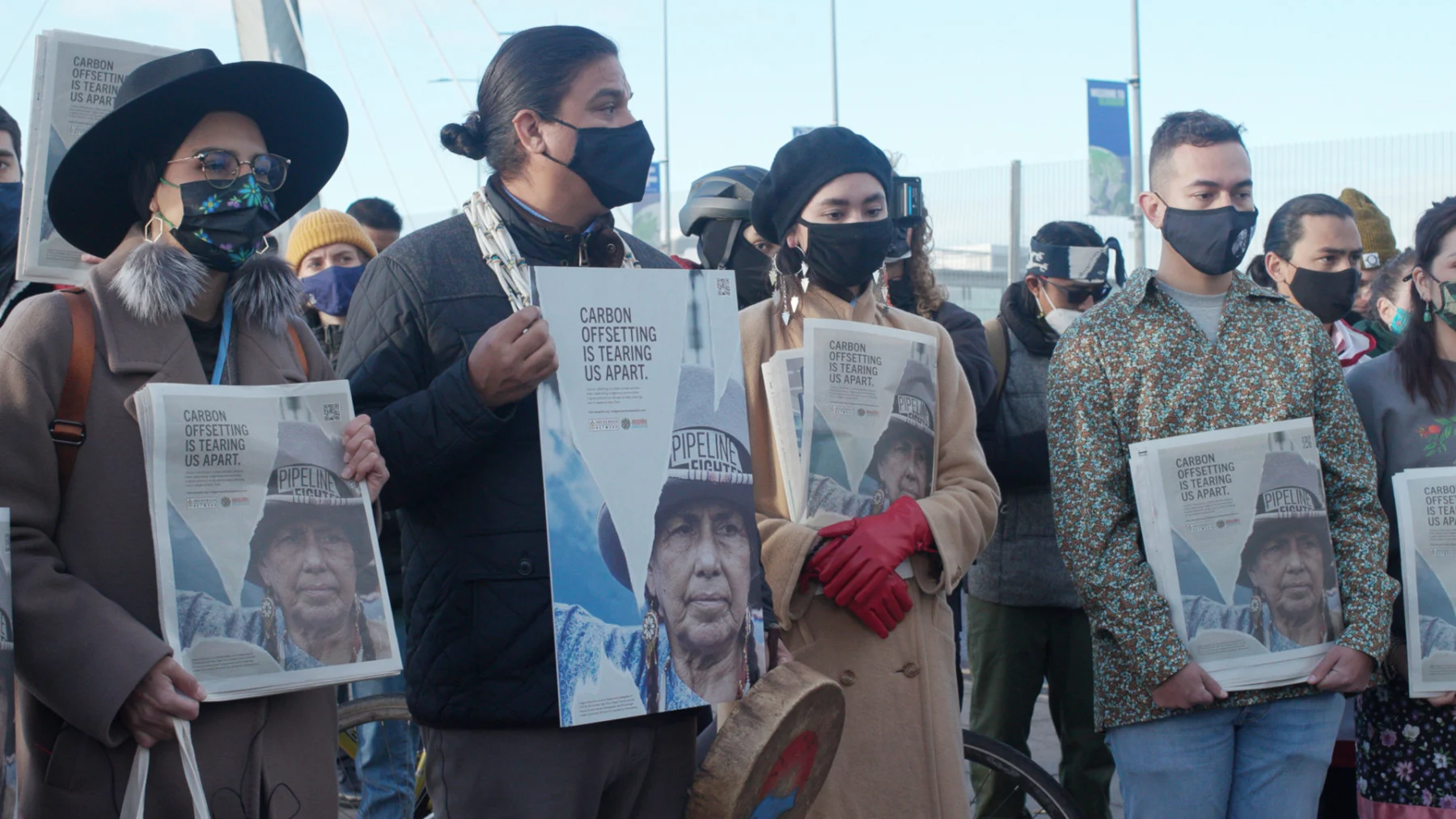
Indigenous peoples’ stewardship essential for achieving Glasgow Climate Pact
Leaders say that efforts to incorporate Indigenous peoples and knowledge into global climate policies have been inadequate.
On November 13, 2021, the United Nations climate summit, or COP26, concluded with nearly 200 global countries agreeing to the Glasgow Climate Pact. At stake was a roadmap to finally chart the course outlined in the 2015 Paris Agreement and reduce global greenhouse gas emissions in hopes of abating the climate crisis.
However, according to experts, this agreement does not meet the targets that many climate scientists have set out for us to limit global temperature rise to 1.5°C and mitigate catastrophic global warming.
Central to this criticism was the key absence of Indigenous Nations and peoples whose knowledge bases were not represented equitably in the main COP26 forum.
Graeme Reed, Co-Chair of the International Indigenous Peoples Forum on Climate Change (IIPFCC), told The Weather Network (TWN), “It's important to reflect on where we’re going in these meetings — it’s important to contextualize what these things are and what they aren’t.”
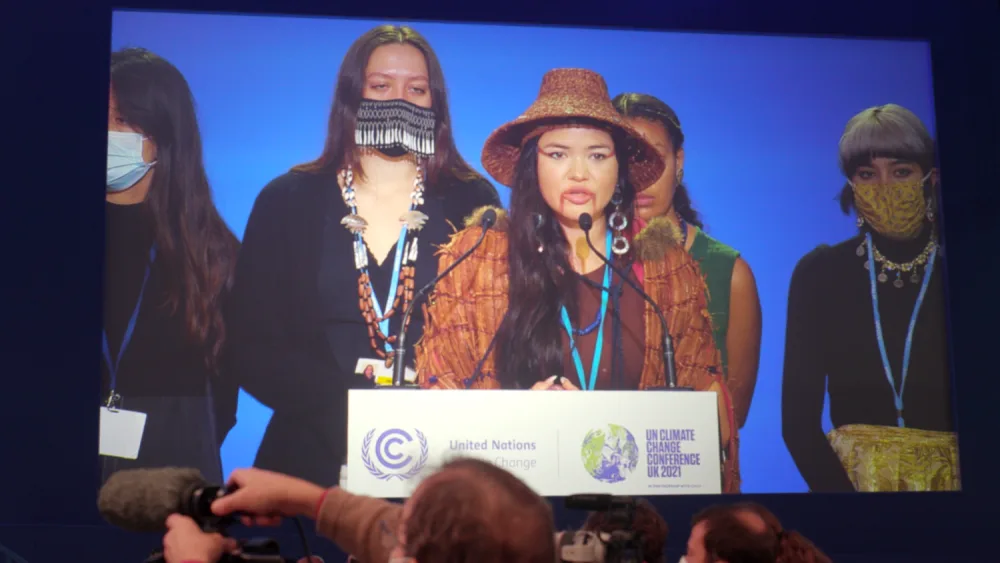
At COP26, Takaiya Blaney, a member of the Tla’Amin First Nation, speaks about the harm of resource extraction in Canada. (Indigenous Climate Action)
Indigenous sovereignty is the recognition that Indigenous peoples existed before nation-states in distinct organized societies, and continue to exist despite the genocidal attempts of states and corporations to remove Indigenous peoples from their land and communities.
“The COP space reproduces the dominance of one way of thinking. There are limitations to the Western knowledge base: there is an overreliance on technology and markets. I think we need to be critical of that,” Reed continued.
Many Indigenous peoples travelled to Glasgow for COP26, despite many barriers to getting there, including exorbitant prices of travel and accommodations. Perhaps most notably, the lack of accessibility to vaccines available in many countries severely limited the participation of delegates from parts of the world most impacted by the climate crisis. This in turn limited the presence of diverse voices at COP, including Indigenous peoples’ perspectives from the global south.
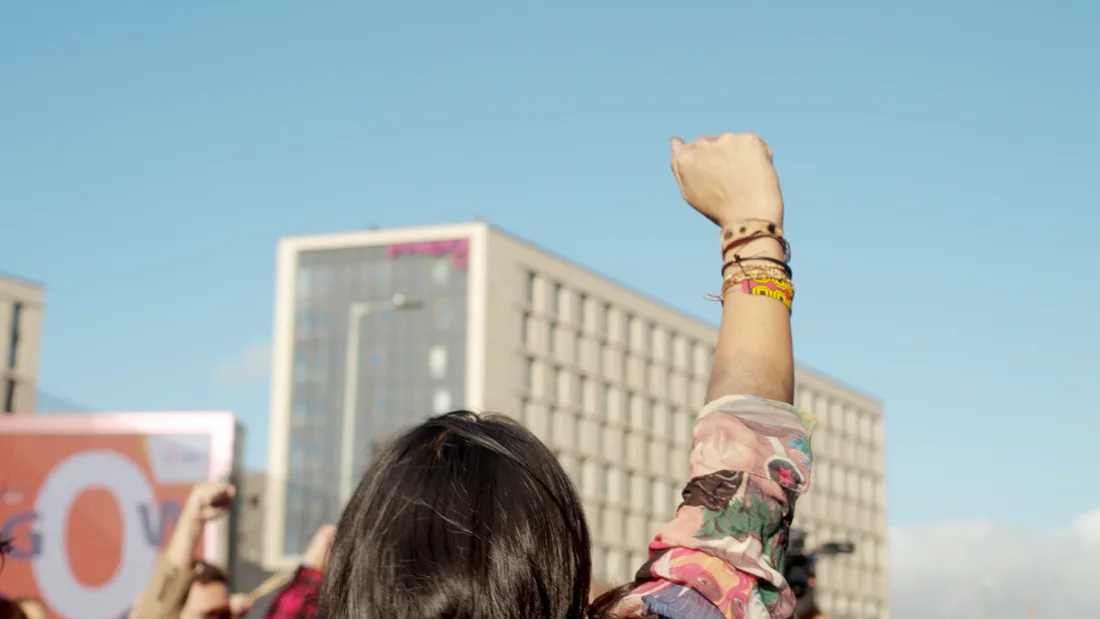
A demonstrator at COP26 marches to draw attention to missing and murdered Indigenous women. (Indigenous Climate Action)
Eriel Deranger, the Executive Director at Indigenous Climate Action told TWN, “These spaces [COP26] have historically sidelined Indigenous peoples categorizing us as merely stakeholders with no more rights than other environmental non-governmental organizations (ENGO) despite decades of legal challenges and UN declarations that support otherwise.”
Deranger continued, “Over the last three decades, Indigenous peoples have been advancing and advocating for some of the strongest climate policies and actions rooted in our rights, language, culture, and identities, [and] over the last five years there has been progress to integrate Indigneous peoples and our knowledge into these processes, but this process is still lagging while ‘false solutions' continue to be negotiated and sanctioned that have detrimental impacts on our communities and our lives.”
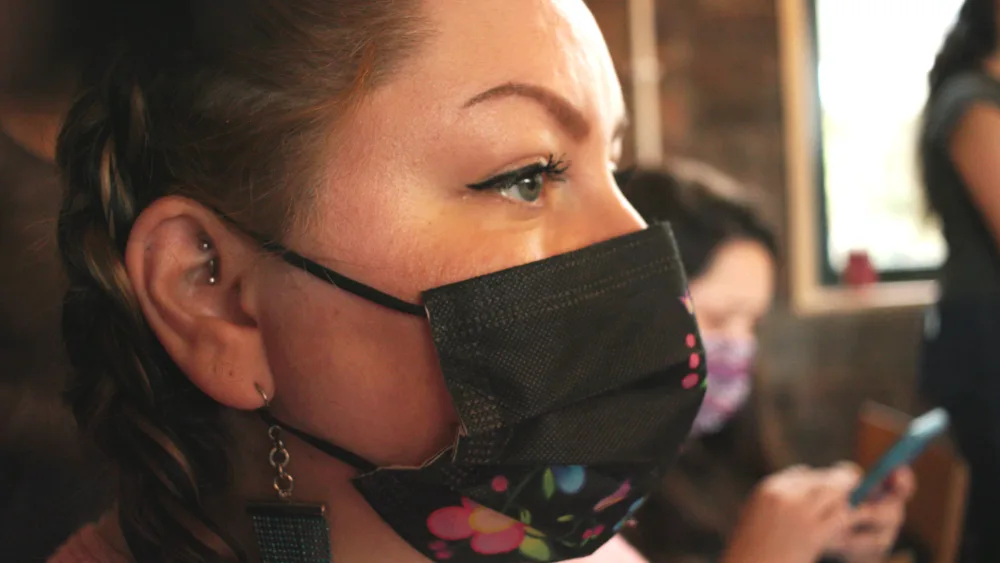
Members of the It Takes Roots Grassroots Global Justice Alliance attend a meeting at COP26. (Indigenous Climate Action)
Similarly, Reed calls false solutions “blind techno optimism” because the ideas of carbon trading and net zero allow for states to “offset” their emissions while still creating sacrifice zones in Indigenous territories, without the requirement of free, prior, and informed consent from the people who live there.
Undoubtedly, these false solutions undermine how impactful ongoing fossil fuel extraction is to the livelihoods of Indigenous peoples around the world.
“Indigenous peoples [attended] this forum to be visible and heard because we are directly connected to our homelands and the global impacts are felt firsthand,” Nuskmata, the spokesperson on mining-related issues for the Nuxalk Nation, told TWN.
“Where I'm from, we are fighting illegal mines and pollution in our sovereign lands that were never given up to the crown,” Nuskmata said, addressing a recent eviction delivered to Juggernaut Exploration, a Vancouver-based mining exploration company seeking gold in Nuxalk territory without consent. The eviction from the Nuxalk Nation was served on August 16, 2021 and delivered again to the company at their AGM on December 17, 2021.
All the while, Indigenous people’s stewardship of their territories have been demonstrated to have significant benefits for mitigating the climate crisis as evidenced by a previous UN study, which found “Many Indigenous territories prevent deforestation as well or better than other protected areas.”
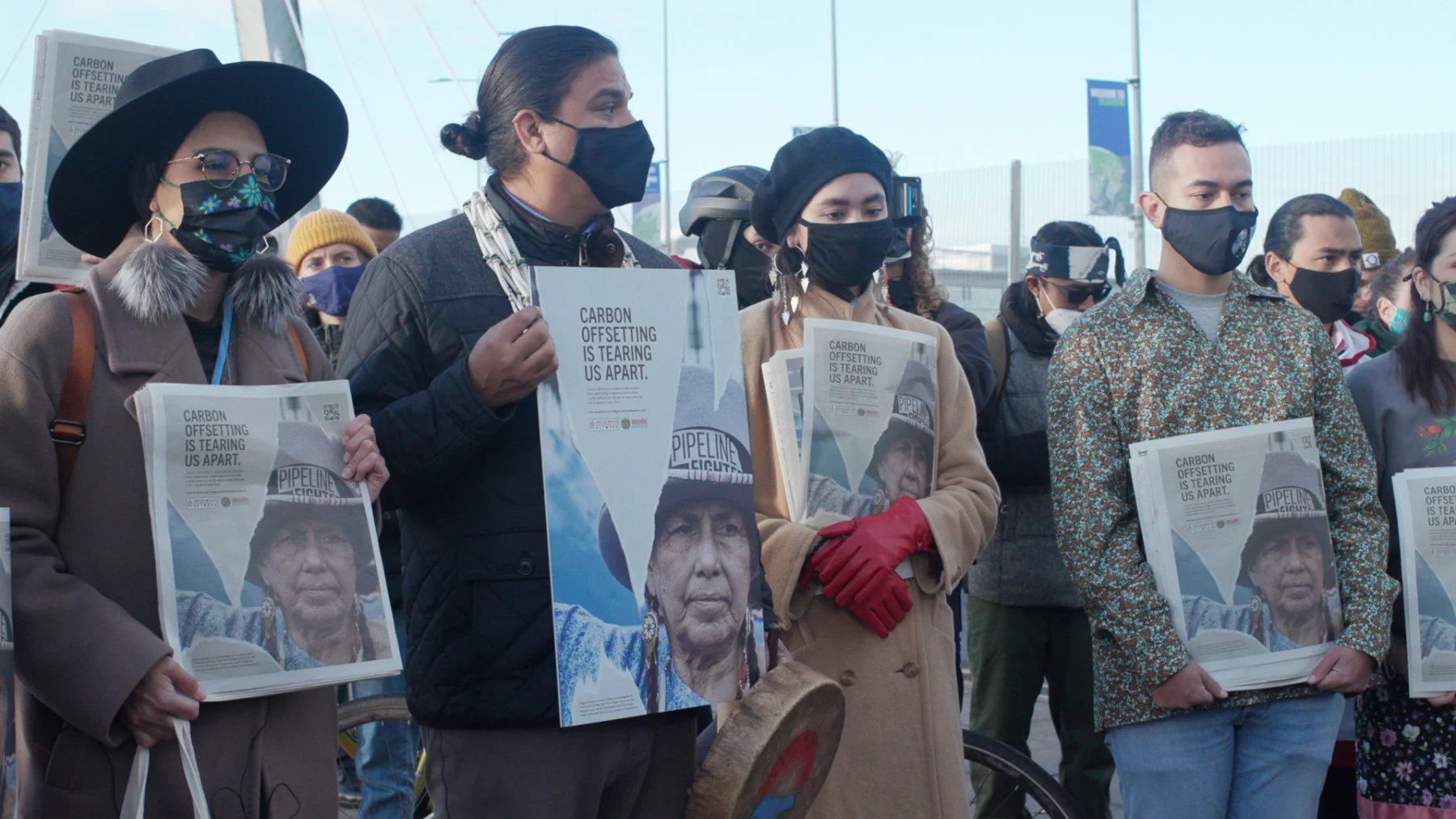
Eriel Tchekwie Deranger (Executive Director of Indigenous Climate Action), at left, at an action with NDN Collective, Indigenous Environmental Network, and It Takes Roots members. Deranger is a Dënesųłiné woman (ts'ékui), member of the Athabasca Chipewyan First Nation, and mother of two, advocating for the recognition, sovereignty, and autonomy of their Indigenous lands and territory in what is now known as Treaty 8, Canada. (Indigenous Climate Action)
A more recent report by Indigenous Environmental Network and Oil Change Canada concluded similarly and showed Indigenous people’s frontline resistance, ”has stopped or delayed greenhouse gas pollution equivalent to at least one-quarter of annual U.S. and Canadian emissions.”
Yet, these same people, who are putting their bodies on the frontlines to defend their territories, and by extension, all life on earth, face criminalization, and invasions by militarized police forces, as seen more recently in Wet'suwet'en territory.
On these same matters, Deranger concluded, “I cannot consciously sit back and watch corporations and colonial governments create market-based solutions that allow them to buy their way out of climate commitments while Indigenous peoples across the globe are suffering the consequences of colonialism, capitalism, and the climate crisis.”
“Our knowledge and our culture are critical to finding solutions to the crisis, but first we need to be empowered to be decision makers and leaders, not tokenized or romanticized,” Deranger added.
“I'm part of a global Indigenous peoples movement to shift the narrative and to ensure our people’s voices are heard here and in our homelands.”
Thumbnail credit: Indigenous Climate Action







